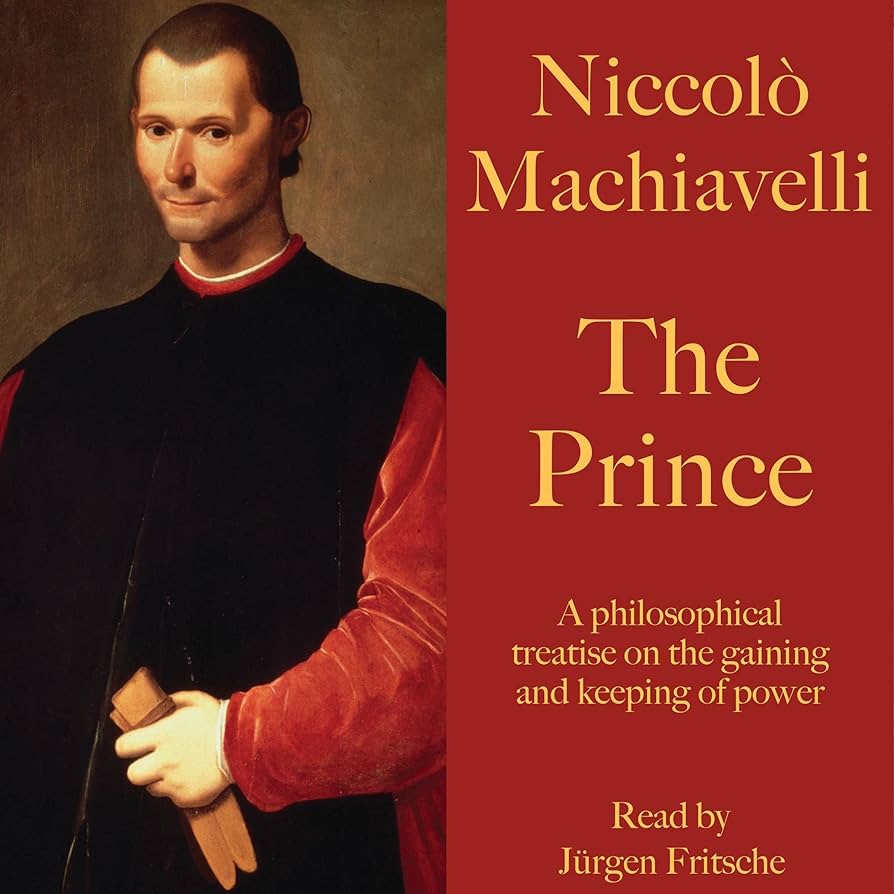The phrase "the end justifies the means" is commonly attributed to Niccolò Machiavelli, an Italian Renaissance political philosopher. However, he never used those exact words in his writings. The idea is most closely associated with his book The Prince (1513), where he suggests that rulers may need to use deceit, cruelty, or other morally questionable methods if those actions achieve a desirable political outcome—particularly the stability or success of the state.
Meaning: "The end justifies the means" means that if the outcome or goal is important enough, any method used to achieve it is acceptable—even if the methods are unethical or immoral.
Historical Background: - Machiavelli argued that a ruler should not be bound by traditional morality if that morality would prevent him from achieving power or preserving his state.
- The phrase became widely associated with Machiavellianism, a term used to describe cunning, strategic, and often ruthless political behavior.
Important Note: - While the sentiment is aligned with Machiavelli's philosophy, the exact phrase seems to have been first coined in this form by later commentators, possibly in 17th- or 18th-century summaries of his thought.
- Jesuits were also falsely accused of teaching this doctrine, particularly by critics in the 17th century, which helped spread the phrase.
So while Machiavelli is the intellectual source, he never literally wrote “the end justifies the means”—but his writings gave life to the concept.
 |





